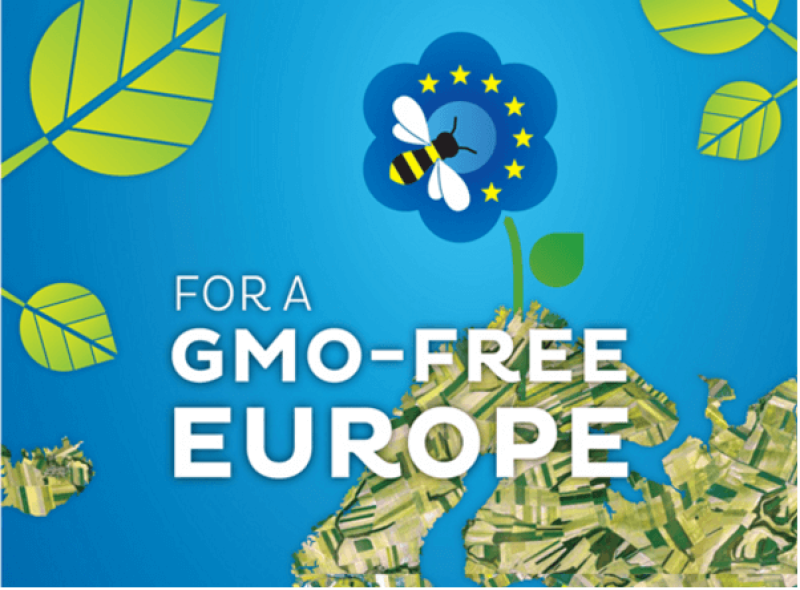The GLP aggregated and excerpted this blog/article to reflect the diversity of news, opinion and analysis.
Prof Venki Ramakrishnan said the science of genetic modification had been misunderstood by the public and it was time to set the record straight.
He said it was inappropriate to ban an “entire technology” and products should be assessed on a case-by-case basis…
Prof Ramakrishnan said that the blanket ban on GM crops by European countries was misconceived.
“GM is simply a technology for introducing a particular set of traits into a plant. And you have to decide on a case-by-case basis which of those traits are appropriate or not,” he told BBC News.
The Royal Society guide sets out to answer 18 key questions that it obtained from focus groups.
…
[The guide] states that GM crops are safe to eat, though it acknowledges that they can cross breed with non-GM varieties and there might be unexpected and untoward side-effects…Prof Ramakrishnan acknowledged there were some “legitimate worries”.
One he said was the fear that a small number of multinational corporations would monopolise food production.
Read full, original post: Royal Society calls for review of European GM ban































